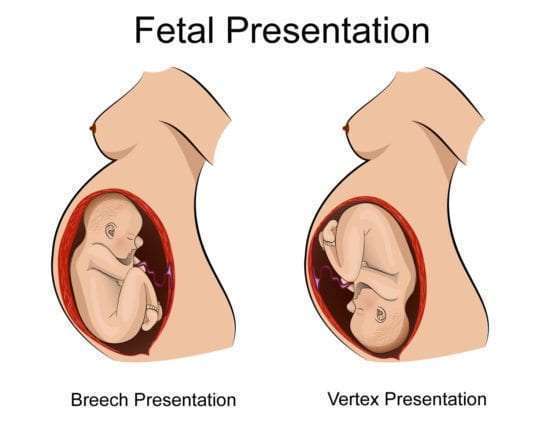Birth trauma or postpartum depression is the aftermath experienced by a mother during or after childbirth. However, it is because of something not going how one had hoped for. Most often trauma can be physical but in this case, it is often emotional and psychological.
What are the symptoms of birth trauma?
- Anger.
- Having overwhelming feelings.
- Difficulty speaking.
- Doubting your ability to take care of your child or having low self-esteem to yourself.
- Increased anxiety.
- Feeling depressed.
- Having suicidal thoughts.
What are the risk factors for birth trauma?

- Experiencing difficult labor or labor complications.
- Having stillbirth and neonatal death.
- Breech birth presentation of the baby.
- Previous birth trauma including sexual abuse.
- Both the mother and baby have birth injuries.
- Lack of care and support needed during delivery.
- Unforeseen Cesarean section.
Prevention of birth trauma.
Although birth trauma can be an unforeseen scenario it can, however, be reduced by;
- Adequate preparation for childbirth for instance; attending antenatal classes.
- Building a support network because it is essential to surround yourself with people who can support you.
- Patients who are aware that they experience panic attacks or even depression are required to try and seek medical help support.
- Be open-minded since no one can foresee what can or cannot happen during birth.
How can it be treated?
In most cases, mothers who suffer a traumatic birth experience do not talk about it because they feel ashamed. In this case, it is important that when the symptoms of birth trauma are noticed attention should be given immediately to avoid prolonged damages
After it is identified that you have birth trauma various approaches can be used for instance;
- Psychotherapy– is a method used when dealing with emotional disorders that can thereafter lead to mental issues.
- Group therapy- Here people share their experiences and this helps a patient get rid of the feeling of isolation and also provides emotional support.
- Medication- In severe cases where a patient is not willing to go through therapy medications such as antidepressants are used.
- How is The Lenana Boy school and location?
- A list of special secondary schools, and contacts.
- Best Public High Schools in Kiambu County.
- Public Universities in Kenya
- Egerton university, fees, location, courses.
- List of Best private secondary schools in Nairobi County.
- Kenya Medical Training College, courses, requirements.